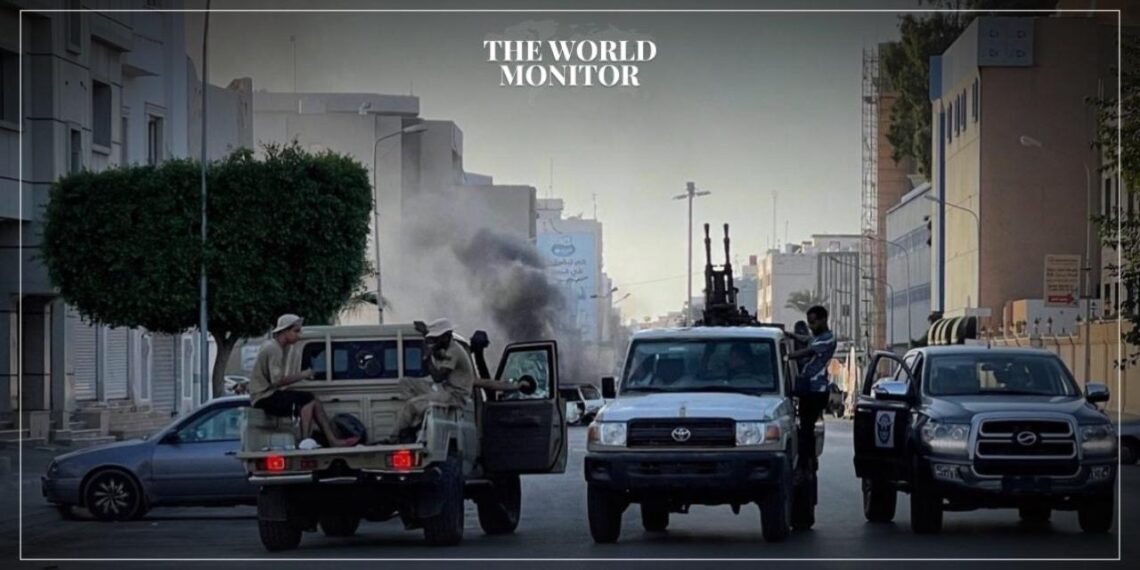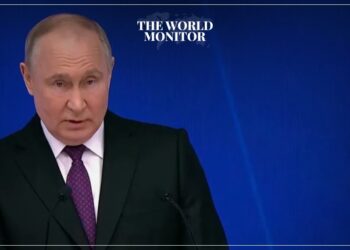Intense efforts are being made on multiple fronts to prevent Libya from sliding into a new civil war, as signs emerge that armed conflict might be used as a last resort to break the ongoing political deadlock. The Libyan Presidential Council member, Moussa Al-Koni, delivered a message to the President of Mauritania, Mohamed Ould Ghazouani, in his capacity as the Chair of the African Union, urging support to avoid a return to violence.
Meanwhile, the European Union’s mission and embassies in Libya joined the UN Support Mission in expressing deep concern over recent unilateral actions by Libyan political actors, warning that such moves escalate tensions and deepen institutional divisions, hindering progress toward national reconciliation. The EU statement called on all Libyan parties to prioritize the country’s interests over individual agendas, in line with the Libyan Political Agreement and relevant UN Security Council resolutions.
The statement followed the UN’s own expression of concern regarding unilateral actions in Libya’s east, west, and south, emphasizing that such actions exacerbate tensions and undermine trust. The necessity for dialogue, consensus, and national unity was highlighted more than ever.
In recent days, there have been movements on the ground in western Libya, signaling a potential return to violent conflict, with new alliances forming among armed groups in Tripoli and the Libyan National Army, aiming to overthrow the current transitional authorities and form a unified government.
Major Challenges
Observers note that Libya is facing significant challenges, especially after the House of Representatives (HoR) ended the mandate of the Government of National Unity led by Abdul Hamid Dbeibeh, and revoked the Presidential Council’s authority as supreme commander of the armed forces. This move indicates a withdrawal of eastern powers from the political agreements made during the Tunis National Dialogue Forum in November 2020 and the Skhirat Agreement of December 2015.
The ongoing division within the State Council, attempts to remove the Central Bank Governor, the revival of military councils in Misrata, and fractures within militia coalitions in western Libya raise concerns about the potential for renewed violence, threatening the October 2020 Geneva Ceasefire Agreement.
Meanwhile, the Foreign Ministry of the HoR-aligned government urged all Arab and foreign countries to move their embassies and diplomatic missions to Benghazi, citing security instability in Tripoli.
Efforts for Consensus
The UN mission has recently reminded all political leaders and institutions of their obligations under the Libyan Political Agreement and relevant Security Council resolutions, particularly Resolution 2702 of 2023. The UN continues consultations with Libyan leaders and regional stakeholders to reach a consensus and push for efforts to end the political stalemate. The mission is committed to facilitating an inclusive political process leading to credible presidential and parliamentary elections, urging all Libyan parties to engage in dialogue and compromise for the benefit of all Libyans.






